Democratic Republic of Congo
It is impossible to predict how a person will behave in a tight spot. I have been in Congo’s rain forest with my TV producer Ed Braman. He’s a television veteran, a brilliant mind. But he lives in Crouch End and has spent years in offices. I wondered what he’d be like under the African sun. It is hard being with one other person for three weeks incessantly in Congo. It’s hot, you’re tired, dehydrated and the food’s bad. You have to deliver. You must get the pictures. That’s particularly stressful when it’s dangerous — and our story involved making contact with the Mayi Mayi — murderous rebels led by witchdoctors in the jungle.
On the road Ed held forth on his passions. These include, though not exclusively, Thomas Pynchon, Heidegger, cinema, whisky, vacuum-packed steaks, Florence, cameras, Paul Celan, Prada underwear, cats, card games, Bruce Springsteen, pure maths, Zabar’s deli and fountain pens. We were deep in the forest when I saw Ed stumbling around in the arboreal gloom like a man who has run through a laundry line and got a sheet stuck on his head — and I realised I could just leave him there. I had the GPS. I could slip away. He’d get lost and eventually die.
Ed evidently found me annoying, too. If you go over the rushes you’ll be able to hear him hurling abuse at me before and after my pieces to camera. I quietly stored up my bitterness but saw my chance when we walked into a Bambuti pygmy village. ‘I will pay the pygmies to kill Ed,’ I determined. But the toothless elder revealed that they had no weapons and lived a life hopelessly lacking in aggression.
I wondered if I could have Ed kidnapped. I thought of Evelyn Waugh’s character in A Handful of Dust, who is held hostage in the Amazon by an illiterate lunatic who forces him to read aloud Charles Dickens daily for the rest of his life. When the Congolese army launched an offensive against rebel militias we travelled towards the frontlines. I daydreamed about Ed being shot or blown up, and the reports I’d file to the insurers.
But Ed was entirely unfazed by battle-torn Congo. ‘Wazungu!’ (‘White people!’) yelled the mobs of children on the road. Ed said, ‘I bet they’re saying, “Fancy that, we don’t get many Jews around here…”’
One morning, we were in the jungle on the cloudy slopes of the Ruwenzoris. Suddenly, figures surrounded us in the greenish darkness. Their hunting bows were drawn back, ready to let fly poisoned arrows. A witchdoctor materialised. He sported a single dreadlock of matted hair that coiled around his body like a snake. A second wizard wearing a crown of leaves gabbled angrily at our guides. He spoke KiNande, a local vernacular. I understood enough to know that he was saying, ‘Bringing these wazungu here with a camera is bad, very bad.’
A debate ensued about what to do with us. To let us go free was going to be a ‘big problem’. Ed was filming all this but asked, ‘What’s he saying?’ I told him. He did not appear shocked. The wizards made us crouch on the leafy ground. Ed continued rolling. I was so scared I nearly soiled myself.
The wizards eventually relaxed. One drummed on the root of a towering tree. The sound echoed through the canopy, and was answered by weird whistles. Wizard Dreadlock made us drink a noxious yellow liquid. I merely touched it to my lips. Ed happily drained the cup and said thank you. Ahead, in a clearing, we encountered a scene out of Lord of the Flies: a mob of armed child soldiers. Their eyes were dead. They wore leaves, amulets, mongoose-skin turbans and dirty Disney T-shirts.
I could not believe we had found ourselves in this situation. I looked around for ways of escape. But Ed seemed not in the least concerned. He filmed the way he always does. When a wizard got in the way of the camera, Ed put his fists on his hips and sighed theatrically. Then, shooing him away, Ed said, ‘Out of the way! Go on!’ The witchdoctor looked surprised, but moved. When anybody spoke out of turn Ed would slap his forehead and helicopter his arms. Finally, the rebels let us go. Frankly, I think they were more afraid of Ed than I was of them. We walked out of that forest with nine child soldiers whom our guides successfully liberated from the clutches of the Mayi Mayi.
God rot it, I know I’m known as a difficult fellow, too. I wonder if British television had put Ed and me together in an African rainforest war as a kind of experiment, to observe whether we would indeed murder each other. Well, we survived, just. And Ed got the pictures.
Aidan Hartley and Ed Braman’s film on child soldiers in Congo’s war will be broadcast on Channel 4 as part of the forthcoming series of Unreported World, Fridays at 7.35 p.m.
Got something to add? Join the discussion and comment below.
Get 10 issues for just $10
Subscribe to The Spectator Australia today for the next 10 magazine issues, plus full online access, for just $10.


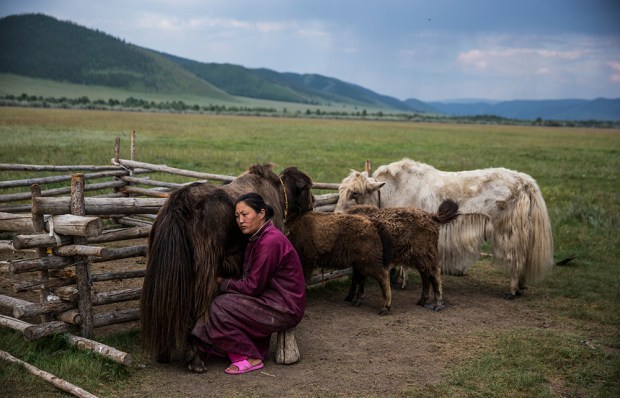
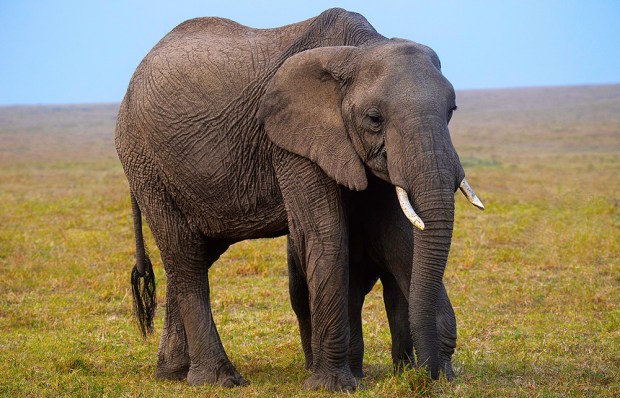
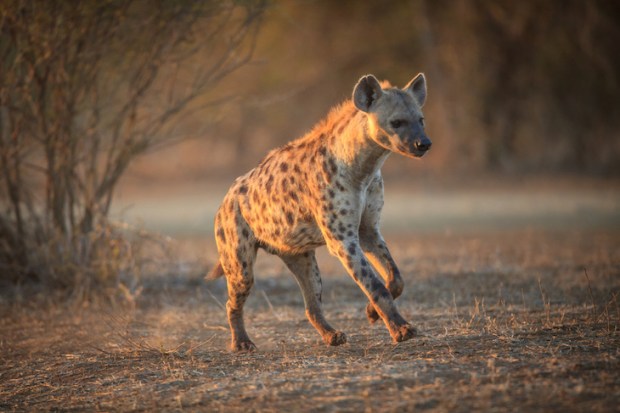
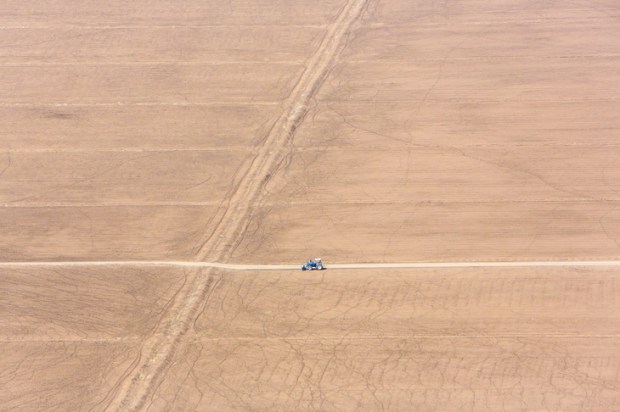

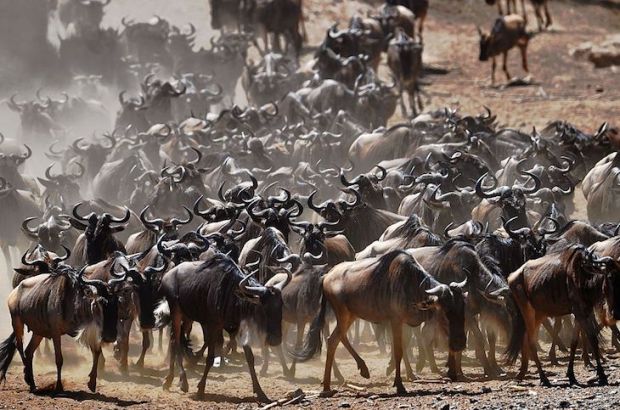






Comments
Don't miss out
Join the conversation with other Spectator Australia readers. Subscribe to leave a comment.
SUBSCRIBEAlready a subscriber? Log in